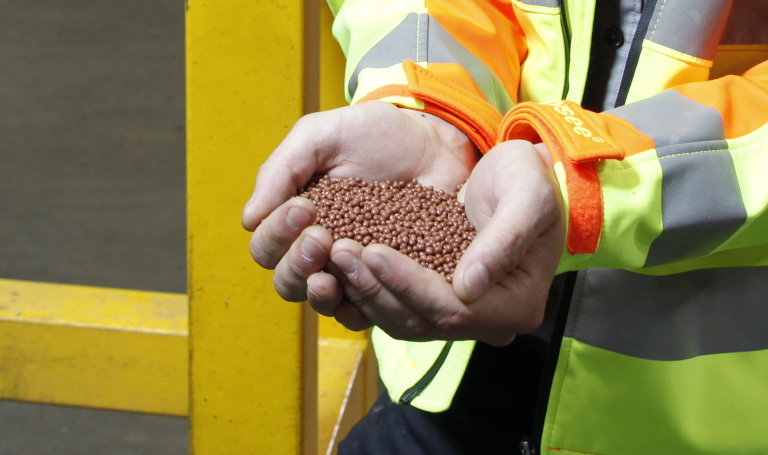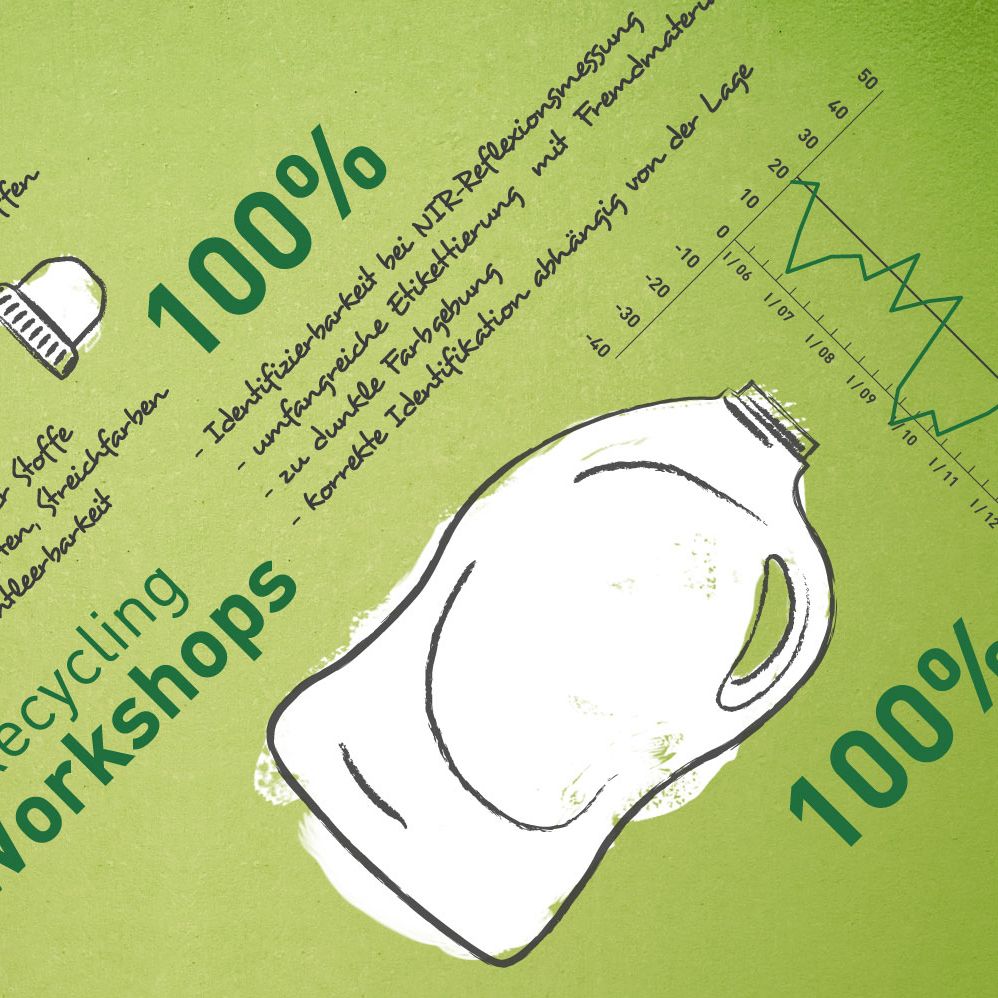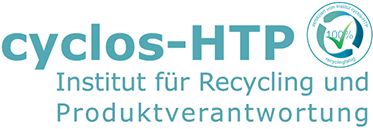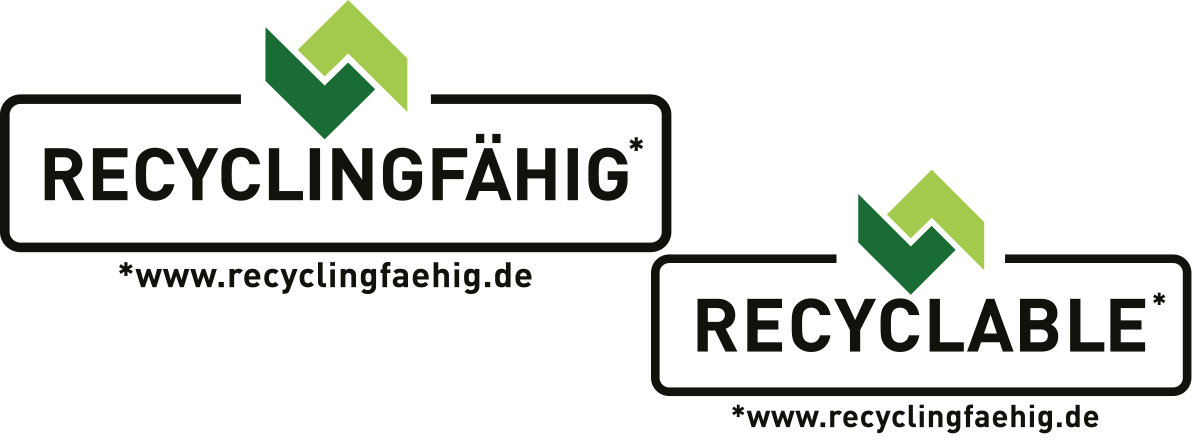What is sustainable packaging design?
Packaging is a modern all-rounder! It protects the product, makes it optimally available and informs the consumer. In short, it is impossible to imagine our lives without it. However, packaging often only accompanies us for a short time and should not become waste after use, because it contains valuable materials.
DESIGN FOR RECYCLING FROM EXPERTS!
For your questions on Design for Recycling, simply use our uncomplicated
In order to be able to use these resources, it is indispensable to ensure as early as the packaging design that it is suitable for recycling. By designing packaging in a sustainable way and by Design for Recycling – briefly D4R – we can reduce the consumption of non-renewable raw materials. What's more, packaging that is not recyclable will in Germany soon be subject to a financial penalty – in other words, it will become more expensive!
New IT tool
Comprehensive analyses with CHIRA
- Use the new IT tool CHIRA to evaluate your packaging!
- Conformity to the German minimum standard
- Packaging evaluation for 30 European countries
- Full version for the analysis of an unlimited number of packages

D4Reasy
We evaluate your packaging
- CHIRA is too much work for you? Then D4Reasy is the right thing for you!
- D4Reasy enables you to use CHIRA without installing the software
- We enter your data and send you the analysis result with report
- Only 300,- per package
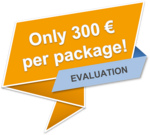
Analysis of your packaging
- Analysis by recognized partner institute
- Compliance with minimum standard of the Central Packaging Register (ZSVR)
- Result with exact percentage information
- Advice for packaging optimization
- Certificate (optional)
- From 1,100 Euro per package
Design4Recycling workshops
Webinars also exclusively for your company
Half- or full-day workshops with plant visit
In-house workshops at your company for your experts in packaging design, packaging technology and marketing
Analysis of weak points and discussion of possibilities for optimization
OUR PARTNER INSTITUTE:
The cyclos-HTP Institute (CHI) was founded in May 2014 as a company for the classification, assessment and testing of the recyclability of packaging and goods, as well as research and development in this field, based in Aachen, Germany. The shareholders of the institute are the shareholders of cyclos GmbH and the shareholders of the engineering company HTP GmbH & Co. KG. Managing directors of the institute are Sandra Beckamp and Dr.-Ing. Joachim Christiani, one of the leading experts in the field of sorting and recycling technology in Europe.
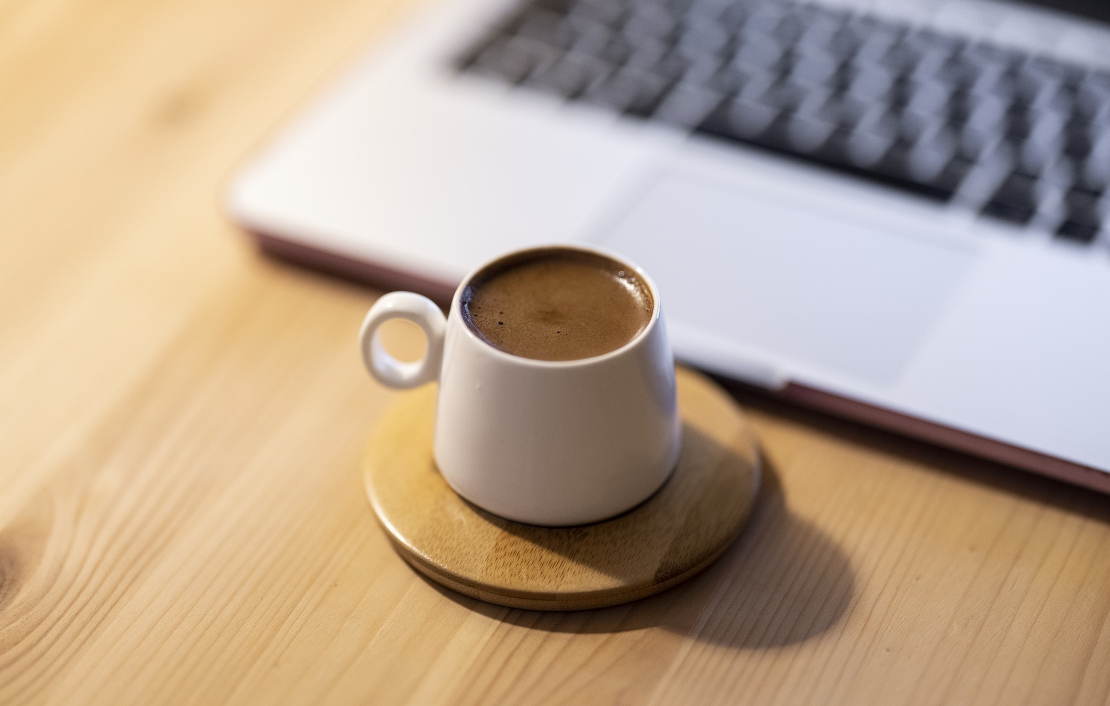
Is it also possible in BIO?
Not so easy: Sustainable coffee packaging in such a way that the complex and sensitive product reaches the customer in full quality and the coffee packaging still uses as few resources as possible. Important information from a customer meeting for our "Der Grüne Punkt" customers. Click here for the story.
DESIGN4RECYCLING – Designing plastic packaging
How does Design4Recycling work in plastic packaging? Our brochure informs about this with introduction, material and checklists. Download your copy.
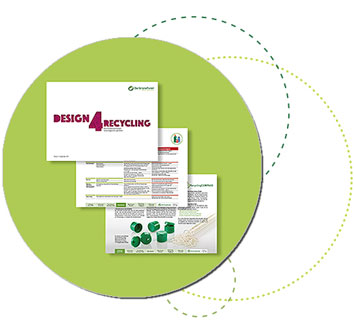
The "Recyclingfähig/Recyclable" label from Der Grüne Punkt
The "Recyclingfähig/Recyclable" label from the Green Dot confirms the very good recyclability of a packaging. This means that the packaging must be collectable after use via the existing collection system for recyclable materials (e.g. in Germany yellow garbage can, yellow sack, recycling islands) and must be capable of qualified sorting in the available sorting facilities. In addition, it must be capable of being processed in such a way that recycling – e.g. the production of a high-quality recycled plastic such as our Systalen® – is possible. The label is available free of charge on request for packaging that has been certified by the cyclos-HTP institute as having a recyclabiltiy of at least 90 percent.
More about the "recyclable" label
Der Grüne Punkt has extensive experience and knowledge in sorting and recycling technology. At the same time, it knows the secondary raw material qualities from the dual systems and the recycling market in Germany. This allows well-founded statements to be made on the possible recovery routes of individual packaging with regard to recyclable materials. In principle, many products or materials can be recyclable. However, an important prerequisite is that they are collected separately and sent for appropriate recycling.
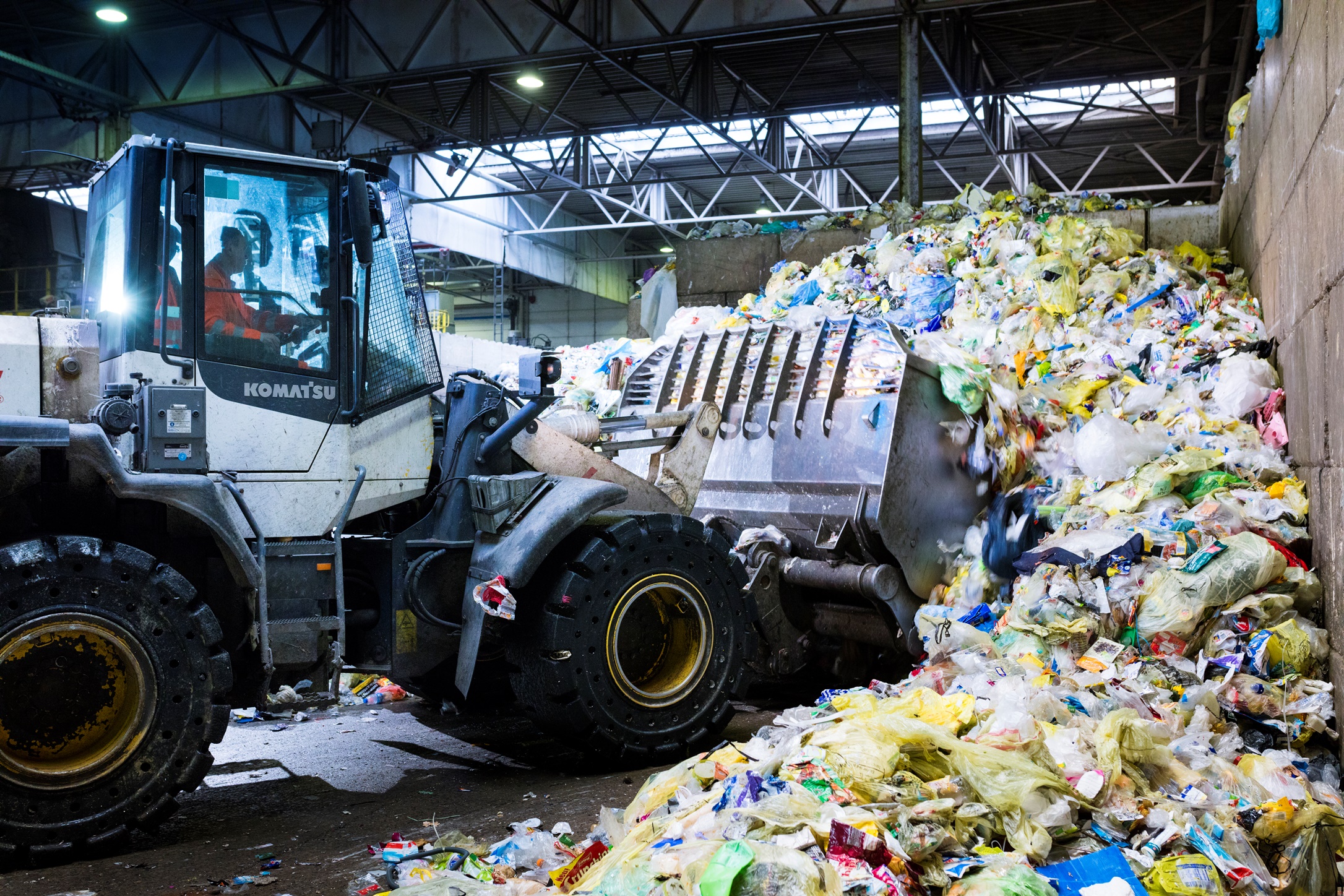
It is therefore important to know what the processes look like in practice. First of all, lightweight packaging (LWP) from the yellow bag or yellow bin in Germany is sorted by machine. This is the only way that packaging of the same material can be specifically recycled in individual streams. The packaging is not shredded, but completely sorted. Mechanical steps include screening, magnetic separation, air separation and eddy current separation of non-ferrous metals. They take advantage of the physical properties of the different materials.
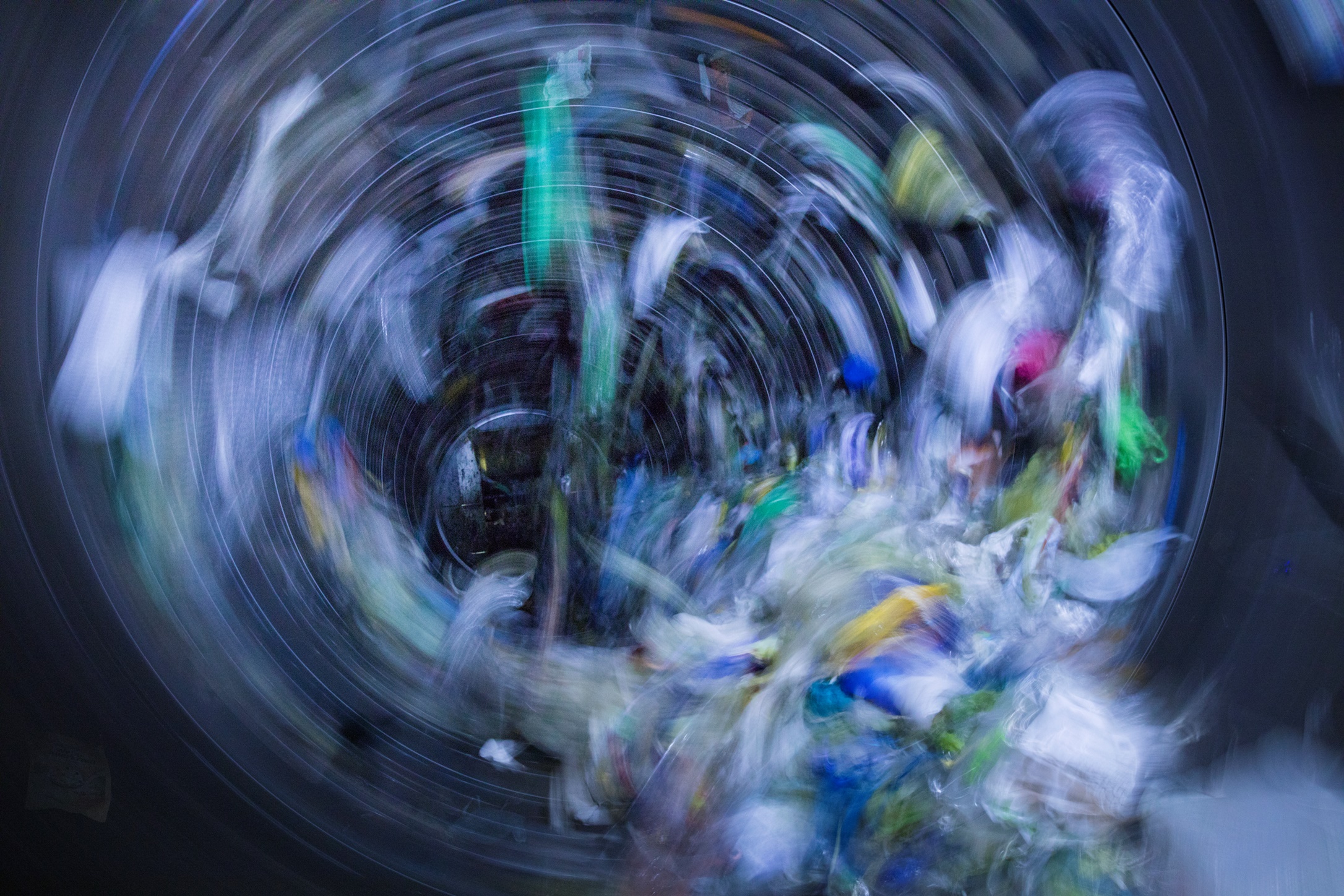
Optical sorting
In addition to these mechanical sorting steps, processes that identify plastic types using near-infrared spectroscopy (NIR) have become established. Only if a package can be correctly identified it can be recycled. For example, if a large label is made of a different material than the packaging body, this can lead to false detections.
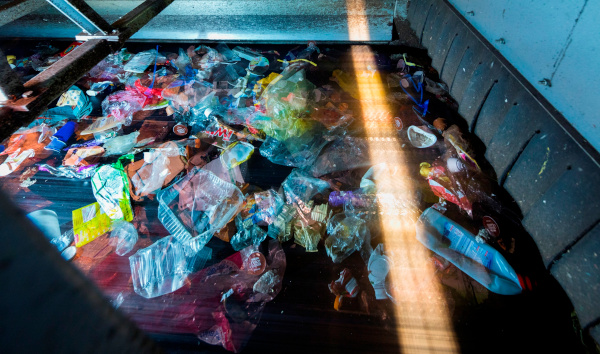
Recycling routes
In the recycling process, the sorted plastic sales packaging is shredded in several stages as well as freed from foreign components via various washing and separation processes. One of the main processes in mechanical plastics processing is float-sink separation in a water bath. Impurities with a different density are separated in this way. If this is not successful, for example because labels cannot be removed due to a water-resistant adhesive, the product is contaminated and its quality is impaired.
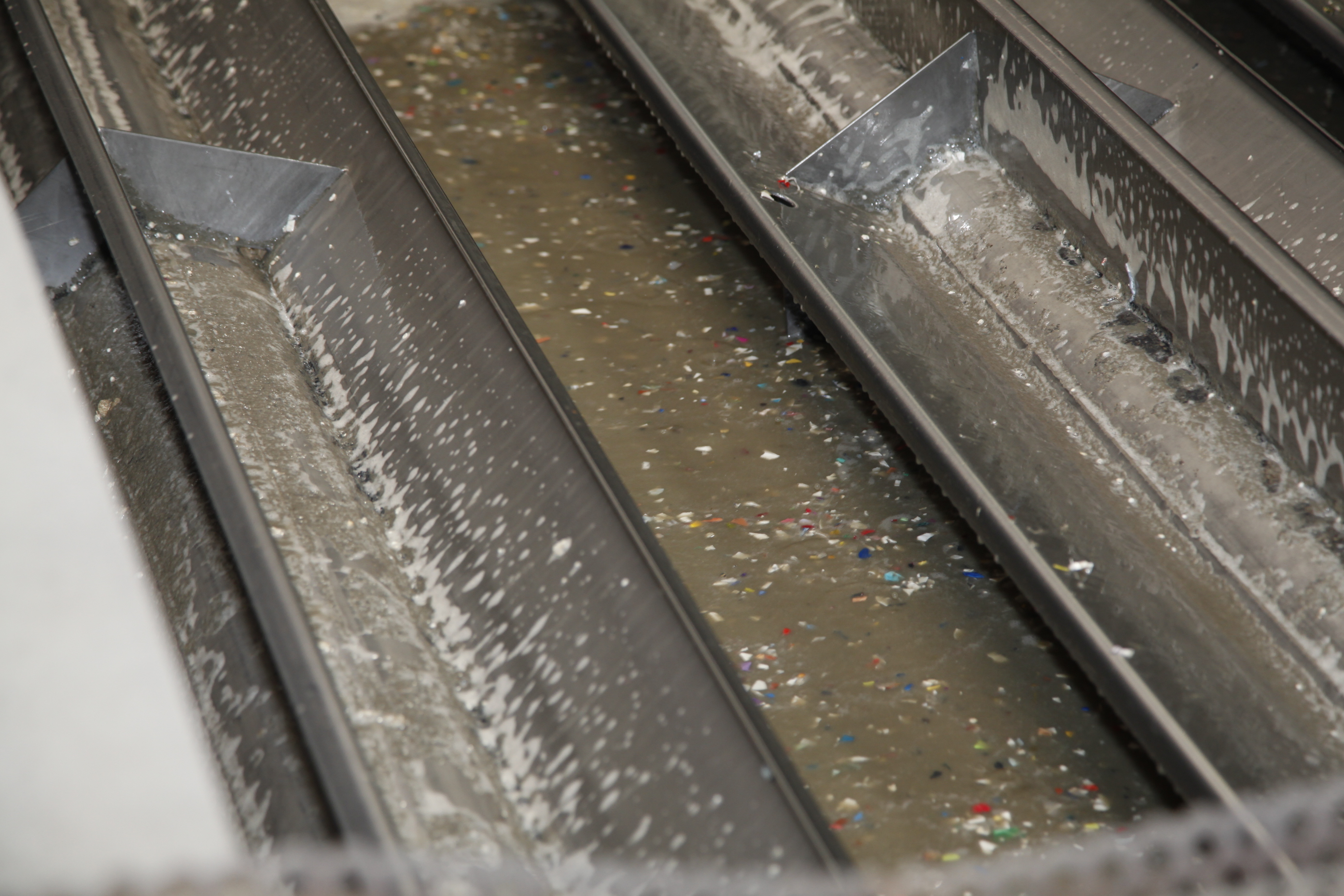
All of these conditions underlie the testing and verification of recyclability. Der Grüne Punkt takes them into account when assessing recyclability, and the experts also provide advice on how a specific package can be made recyclable. Recyclable plastics can thus be processed into Systalen® regranulates, for example, which are used to manufacture new plastic products.
More on Systalen® Regranulates
